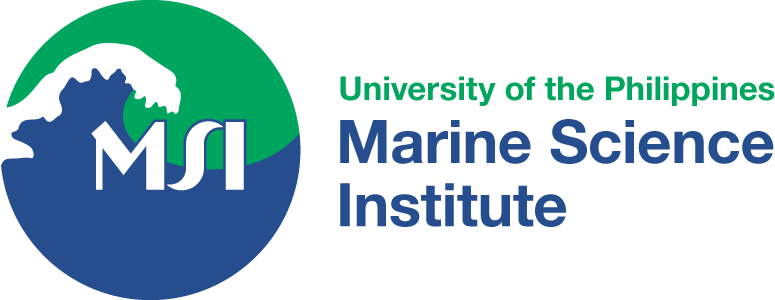-
Bulletin 09: Oil spill trajectories show northward shift with Calapan possibly receiving most of the oil from March 20-22
Featured image: Bulletin 09: Oil spill trajectories show northward shift with Calapan possibly receiving most of the oil from March 20-22 The latest satellite image on March 15 shows that the oil…
-
Bulletin 08: Oil slicks now sighted at the coasts of Calapan, along the Verde Island Passage
Featured image: Bulletin 08: Oil slicks now sighted at the coasts of Calapan, along the Verde Island Passage UP MSI reported last March 12 of the possibility of the oil being transported…
-
Bulletin 07: Oil spill trajectory model forecasts that spill will reach other areas of the Verde Island Passage due to weakening Amihan
Featured image: Bulletin 07: Oil spill trajectory model forecasts that spill will reach other areas of the Verde Island Passage due to weakening Amihan The recent simulation focusing on the area of…
-
Bulletin 06: Oil slick sightings and deposition reported in Taytay, Palawan
Featured image: Bulletin 06: Oil slick sightings and deposition reported in Taytay, Palawan The Philippine Coast Guard (PCG) has reported oil slick sightings and onshore deposition on the coast of Barangay Casian,…
-
Bulletin 05: Report sightings of the oil spill to Karagatan Patrol
Featured image: Bulletin 05: Report sightings of the oil spill to Karagatan Patrol Models are generated to inform the public on the potential direction of transport of the oil spill and help…
-
Bulletin 04: Model forecasts that spill will reach Cuyo Islands and get closer to northern Palawan in about a weeks time
Featured image: Bulletin 04: Model forecasts that spill will reach Cuyo Islands and get closer to northern Palawan in about a weeks time The projected trajectory of the oil slick is shown…
-
Bulletin 03: Over 36,000 ha of coral reefs, mangroves, and seagrass possibly affected by oil slick
Photo: Philippine Coast Guard We would like to update and correct the area of affected coral reefs that we published in MSI Bulletin #01. Using the modeled oil spill trajectories (Bulletin #02), and…
-
Bulletin 02: Oil spill trajectory model and satellite imagery shows oil slick trajectory and affected areas
Photo: Philippine Coast Guard MSI’s scientists, with the concurrence of the DENR, are recommending to warn coastal communities—especially those on the eastern and southern sides of Oriental Mindoro, including Caluya Island (Northwestern…
-
Bulletin 01: DENR, PCG, and MSI working together to address MT Princess Empress Oil Spill
Photo: Philippine Coast Guard Marine experts from the UP Diliman College of Science Marine Science Institute (UPD-CS MSI), UP Visayas (UPV), and Mindanao State University – Iligan Institute of Technology (MSU-IIT) came…
-
24th International Seaweed Symposium
Featured Photo: 24th International Seaweed Symposium UPMSI PhD student Ben Narvarte from the Algal Ecophysiology Laboratory (https://algalecolab.weebly.com/) won First Prize for the Dr. Maxwell S. Doty Memorial Award given during the 24th International Seaweed…
